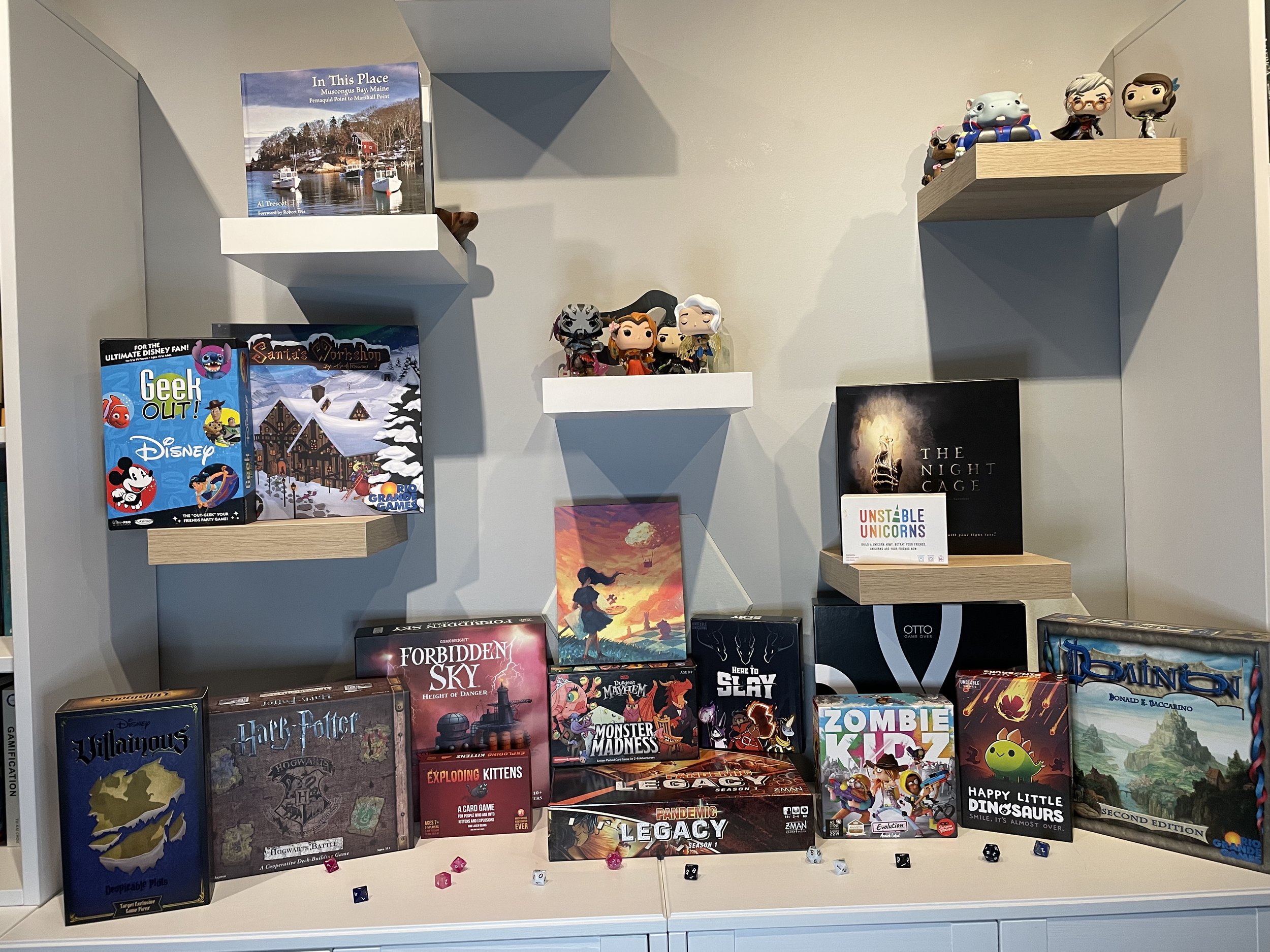What is a Game, and Why Are They Important?
In my previous articles we defined RPG’s and the magic circle. This week we are going to answer a seemingly obvious question, what exactly is a game? Like most terms when you think about the concept it seems quite simple to define yet the closer you look at the definition the harder it becomes to define.
Typically when we think of a game we think of activities that are enjoyable. Games can be competitive though many are cooperative. There are many definitions that include the word fun in their definition of games, yet, quite often, there are activities that are without a doubt games that are not fun.
Examples of games that are not fun can include very difficult video games such as Elden Ring, or Dark Souls. Even professional sports are not always fun. I have been surprised by the number of student athletes who find playing their sport satisfying, yet do not find it fun. There still is no doubt the activity is a game. So while many games are fun, it seems that fun is not a central element for gaming.
So then what exactly is needed for there to be a game? Typically a game will involve a set of rules that include a goal and how that goal can be achieved. All players involved in the game know and agree upon, and agree to follow these rules while they are interacting within the magic circle (For more on the magic circle see my previous blog post here). So that seems to be what a game is but why are they important?
Games seem to be something that is central to the human condition. Every culture through history has had games thins finding is why sociologist John Huizinga proposed that we be called Homo laden, man the player (as cited in Bergen, 2009). Games allow us to learn how to work together, to cooperate, to have strategy, to delay gratification, and to think in complex ways. All of these functions are important for our survival. If we think of some of the games that have survived thorough history, mancala, go, and chess, all involve strategy, abstract thinking, and complex problem solving. Learning to think in such ways are incredibly important for us as humans.
Games also help us learn to work together and act as a team. Understanding a communal goal is important for any type of communal living. If any of the players cannot adhere to the rules of the game the game will fall apart. Even children’s pretend play is highly structured. If one tries to change the rules of a pretend game with a child they will adapt the narrative of the game to make allowances for the change, or will ask the person to adhere to the rules of their game. Structure and agreed upon rules are central to games.
So why are we talking about all of this in this series? The American culture tends to view games as activities only for children, yet that is not accurate. While play and games tend to be one of the most important mediums for learning as a child, they are also important for adults to hone different skills. Playing chess has been shown to help with [complex problem solving and abstract reasoning]. Playing games seems to have benefit across the lifespan.
Thus using a game, such as a tabletop role-playing game as a tool for therapy makes sense. Games give us a framework in which to practice and refine skills. They help us work as part of a team. Games also allow us to practice all of these skills in a safe environment where there are no real world consequences for making a mistake (outside of professional computations that is!). So now that we have a grasp of what games are, and why they are important it is time to learn a bit about how TTRPGs are played; next time!
If you are interested in this topic please consider preordering my book through Norton If you use the code TTRPT20 you will receive 20% off your order!
References
Bergen, D. (2009). Play as the learning medium for future scientists, mathematicians, and engineers. American Journal of Play, 16.


